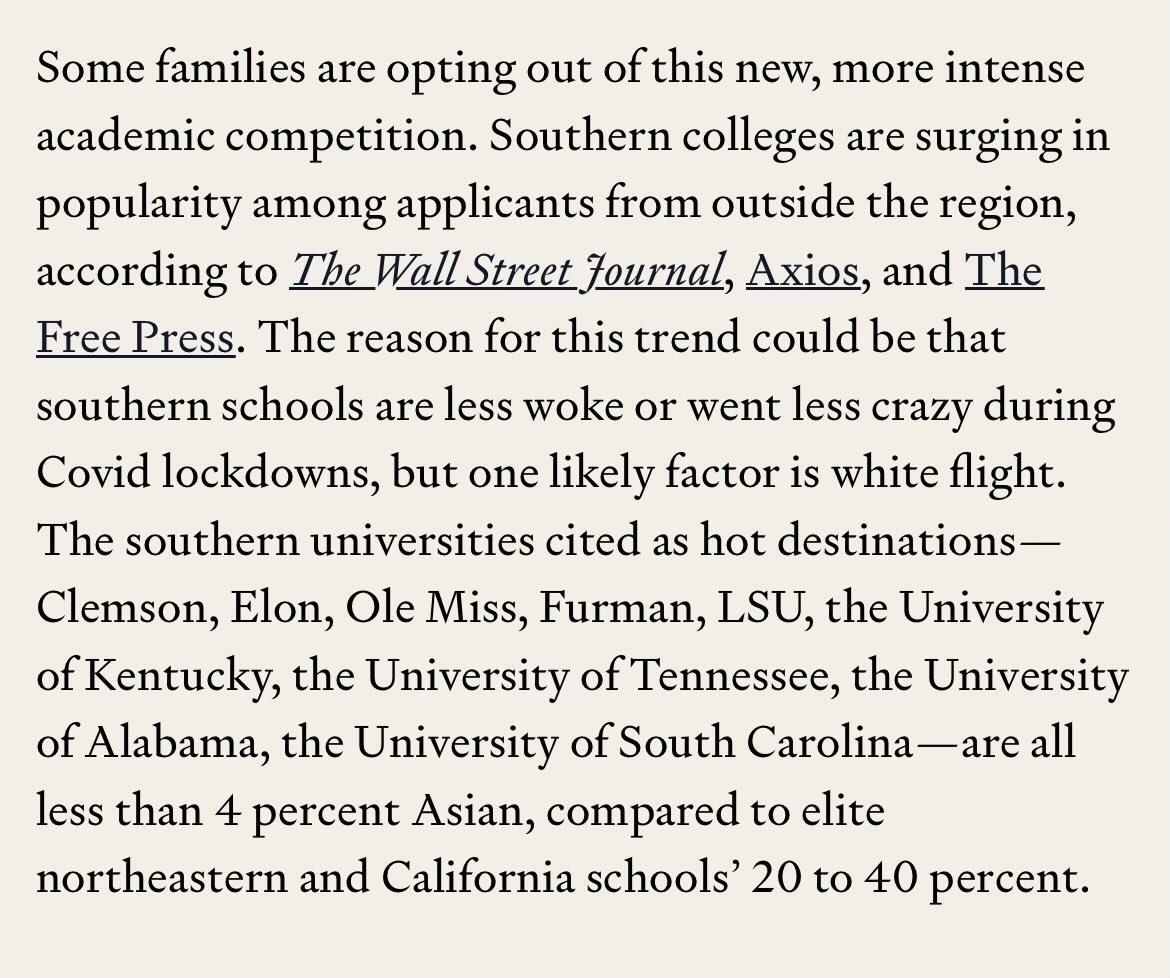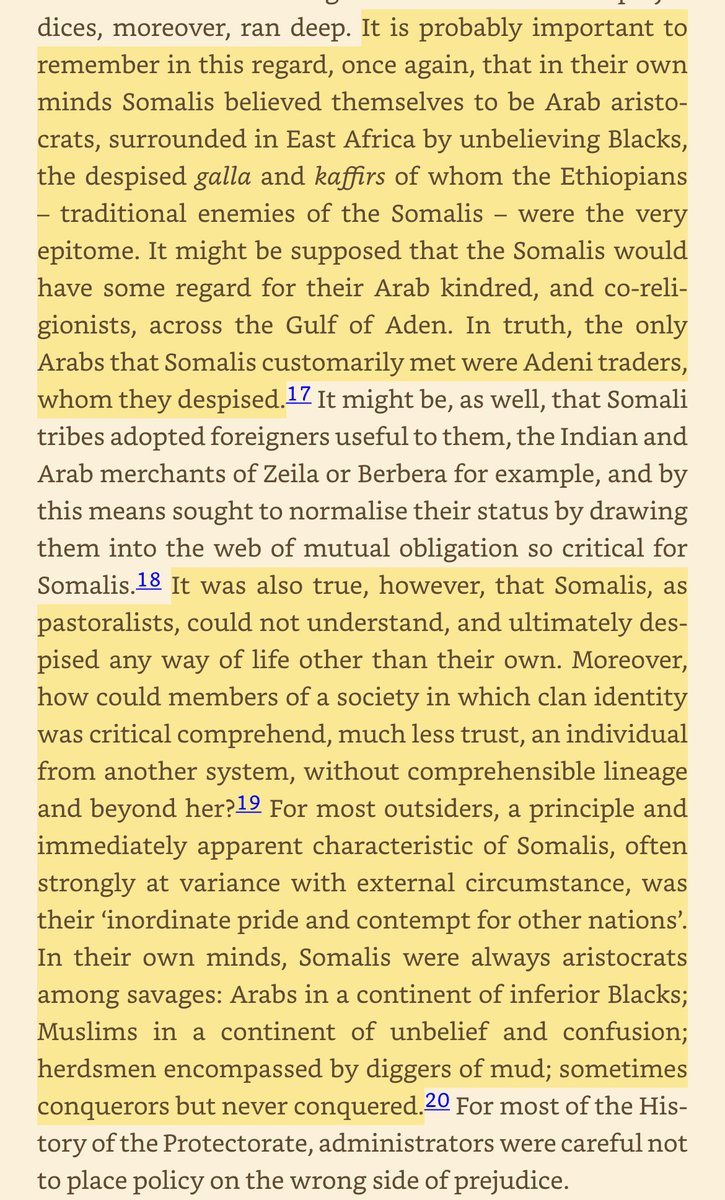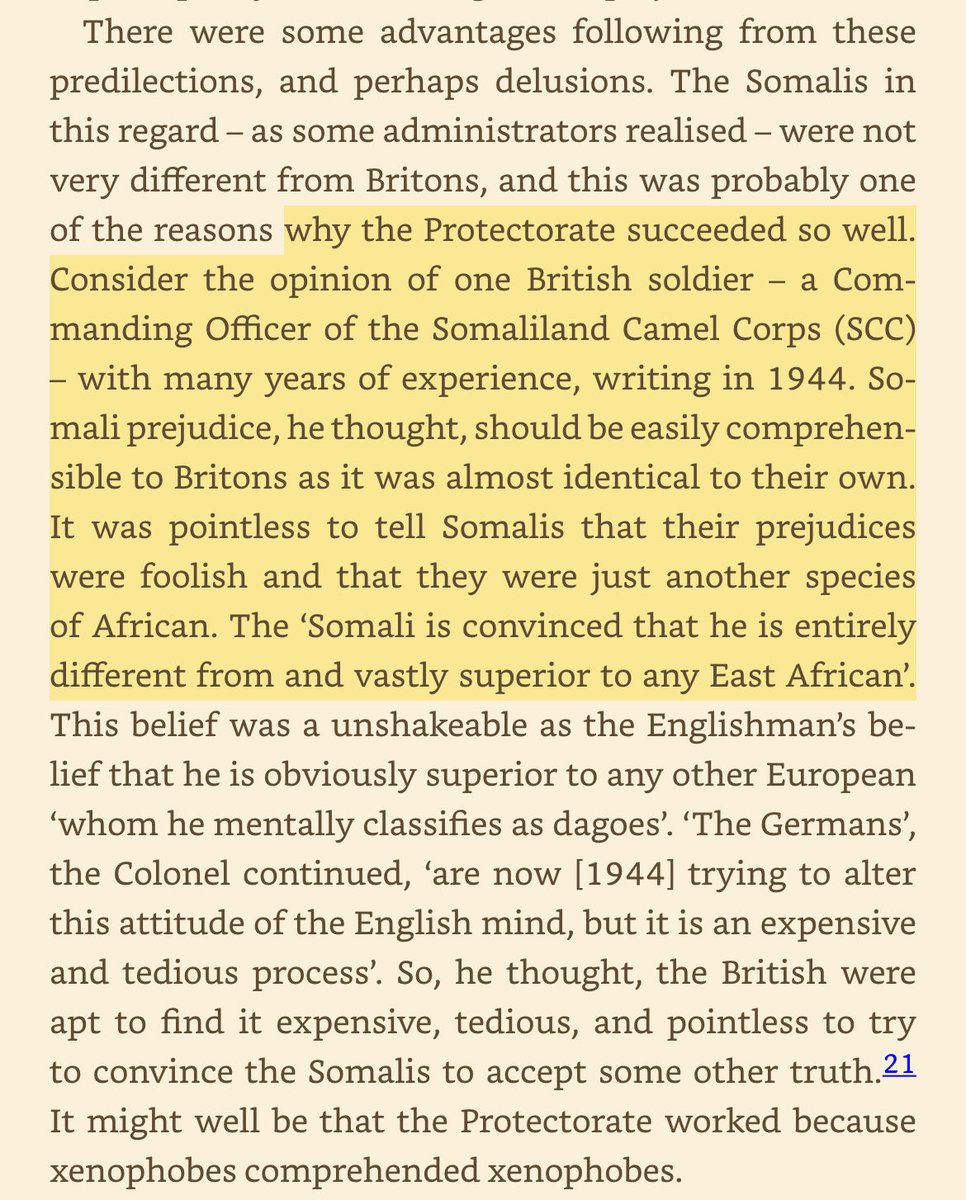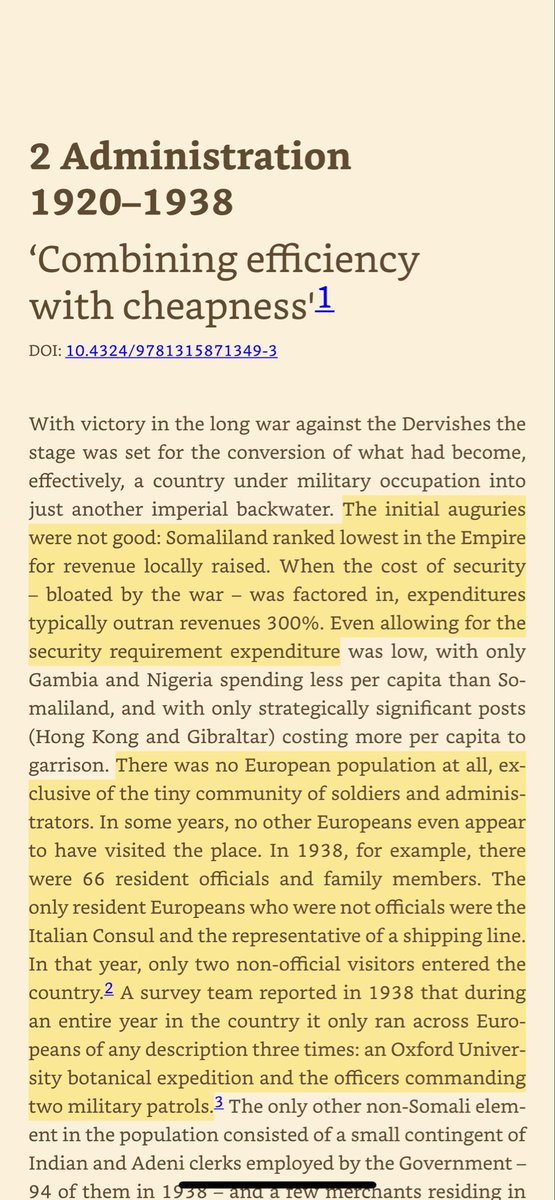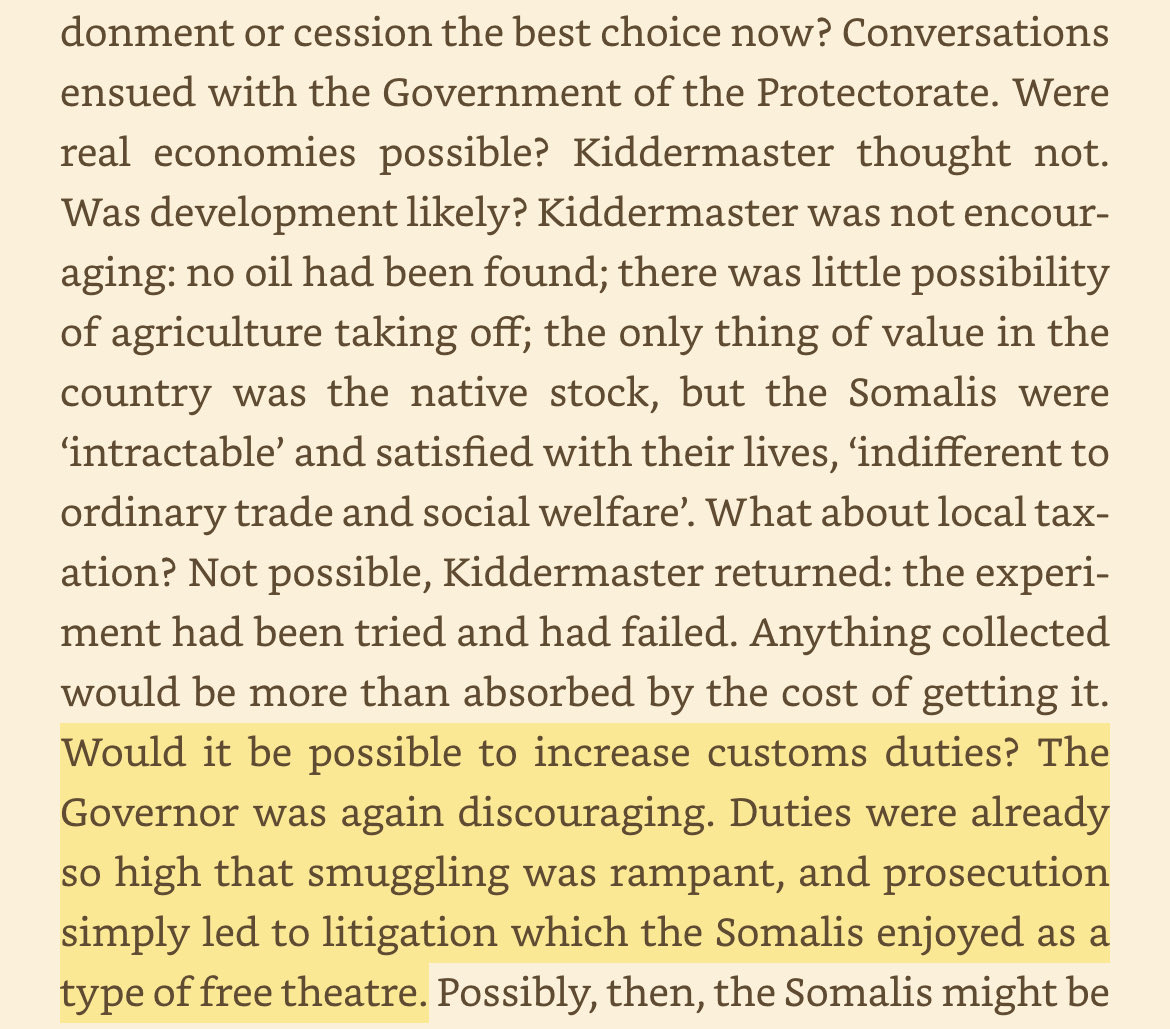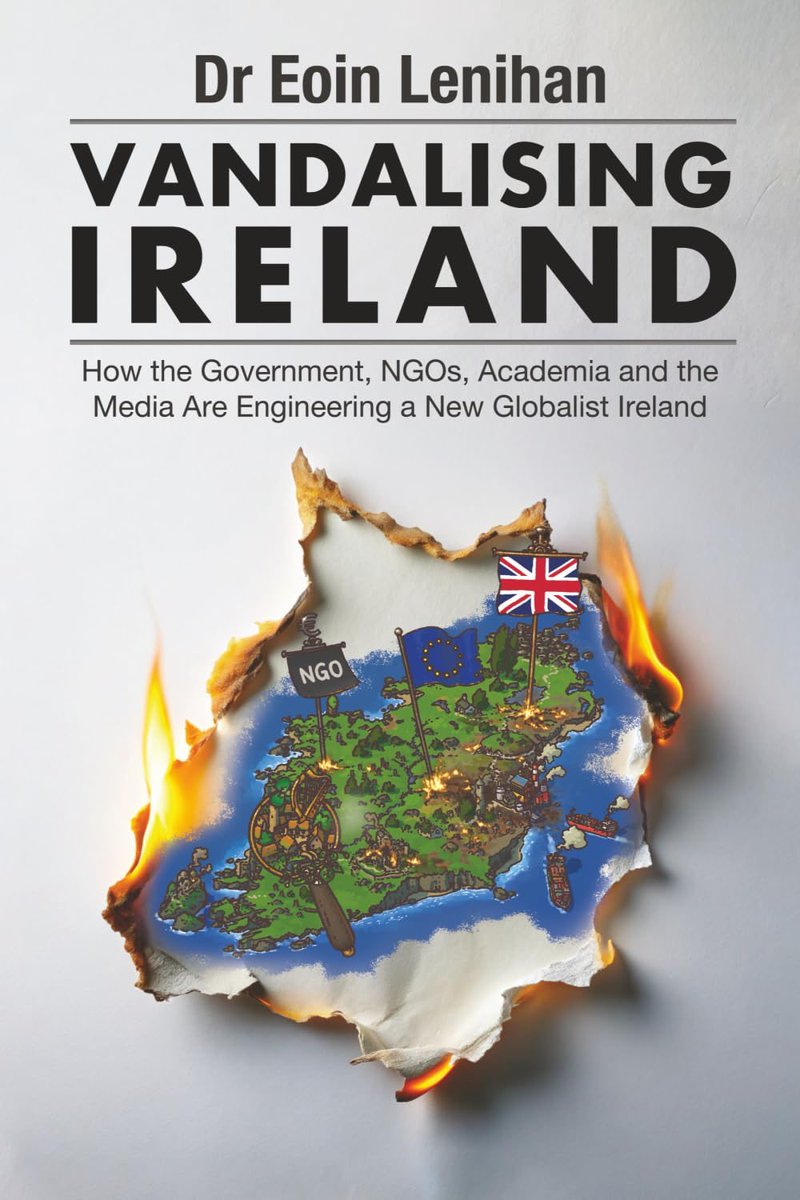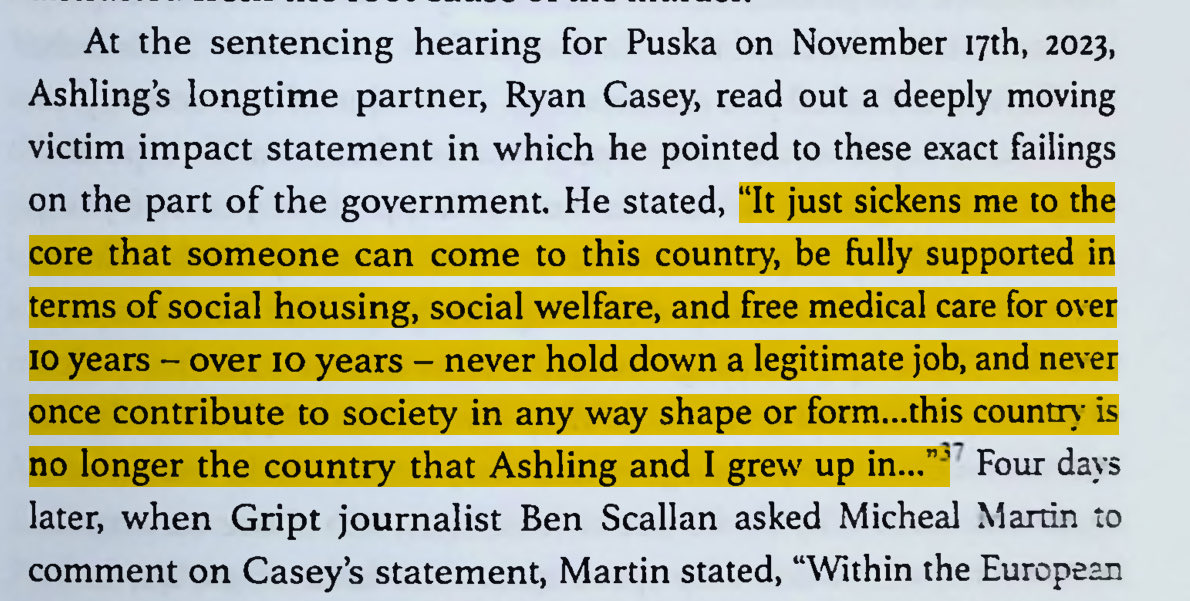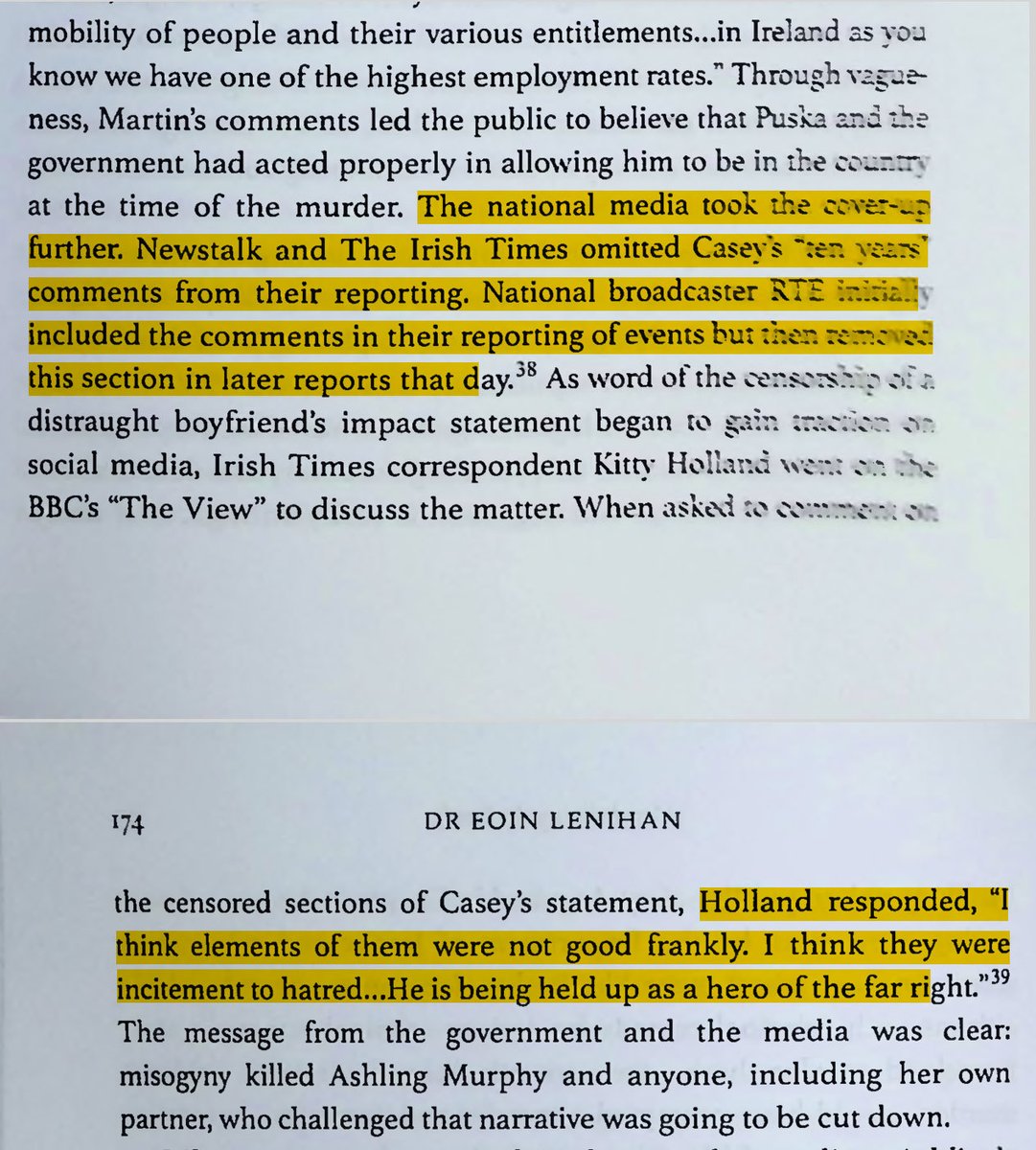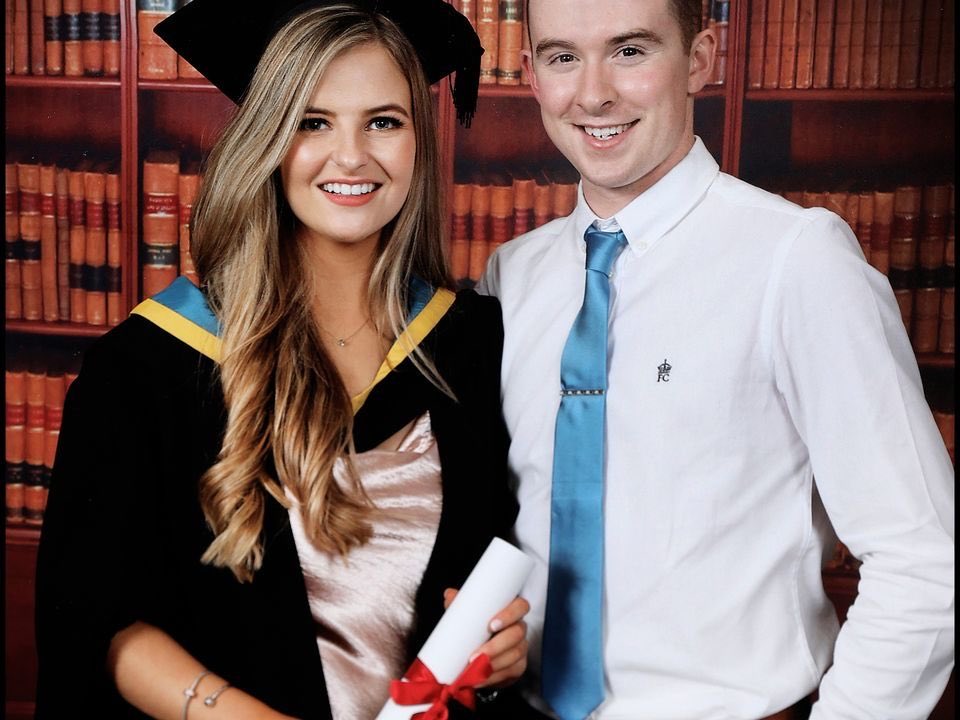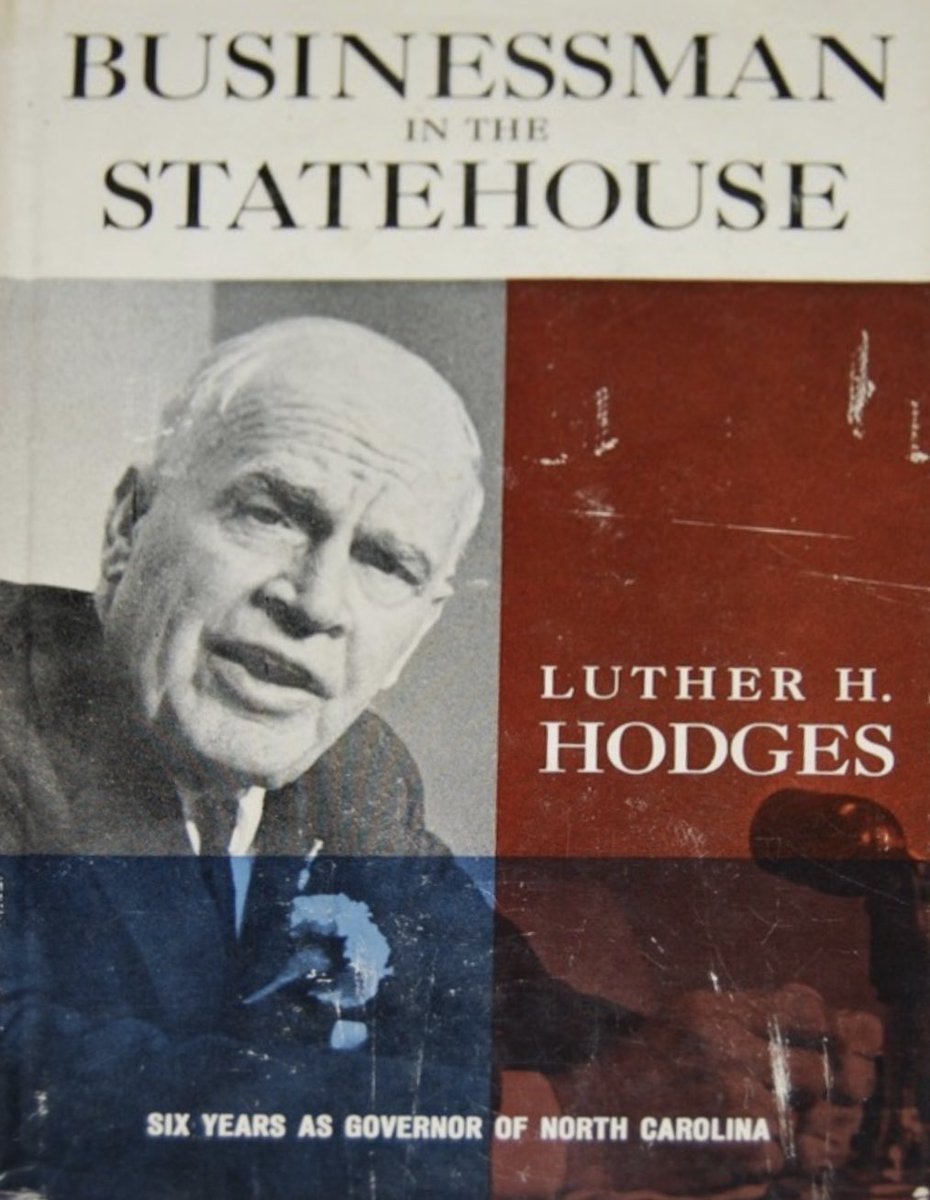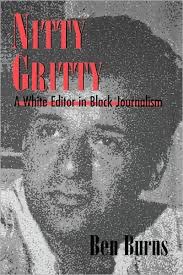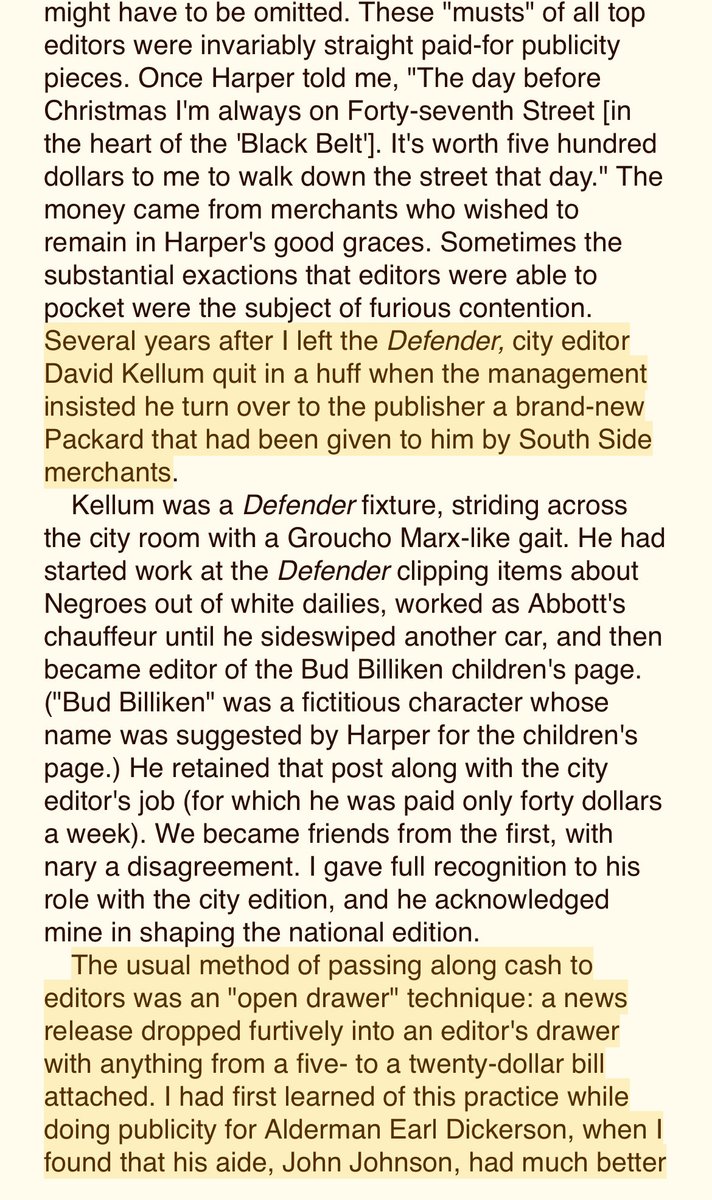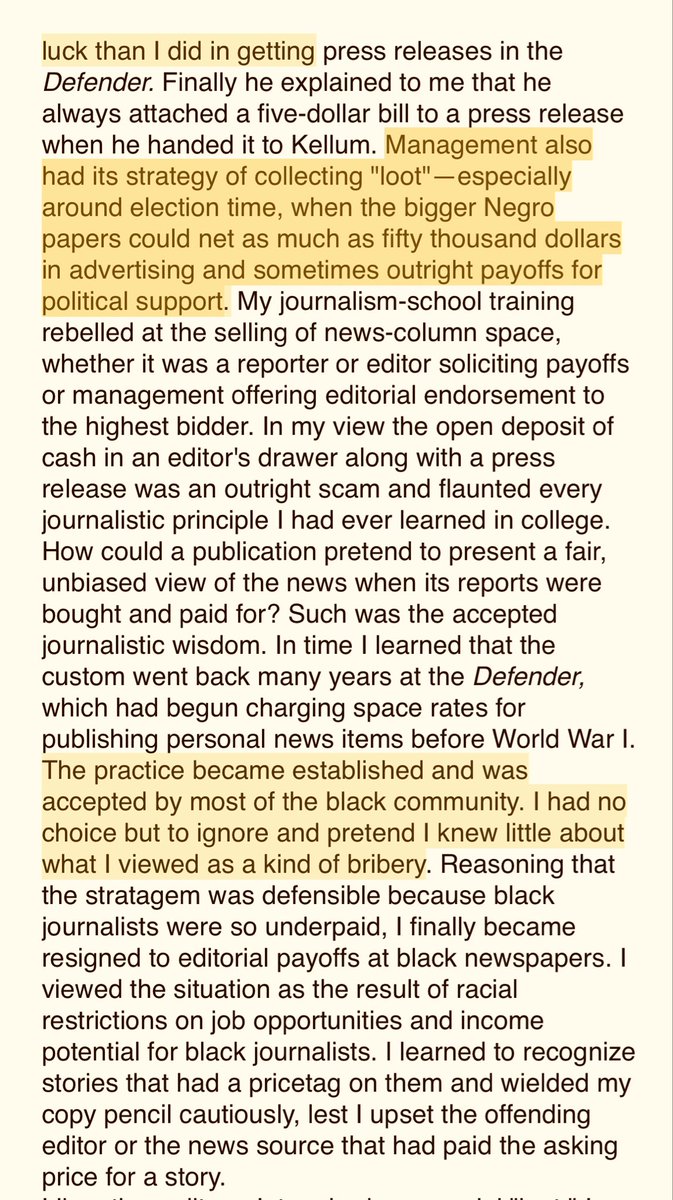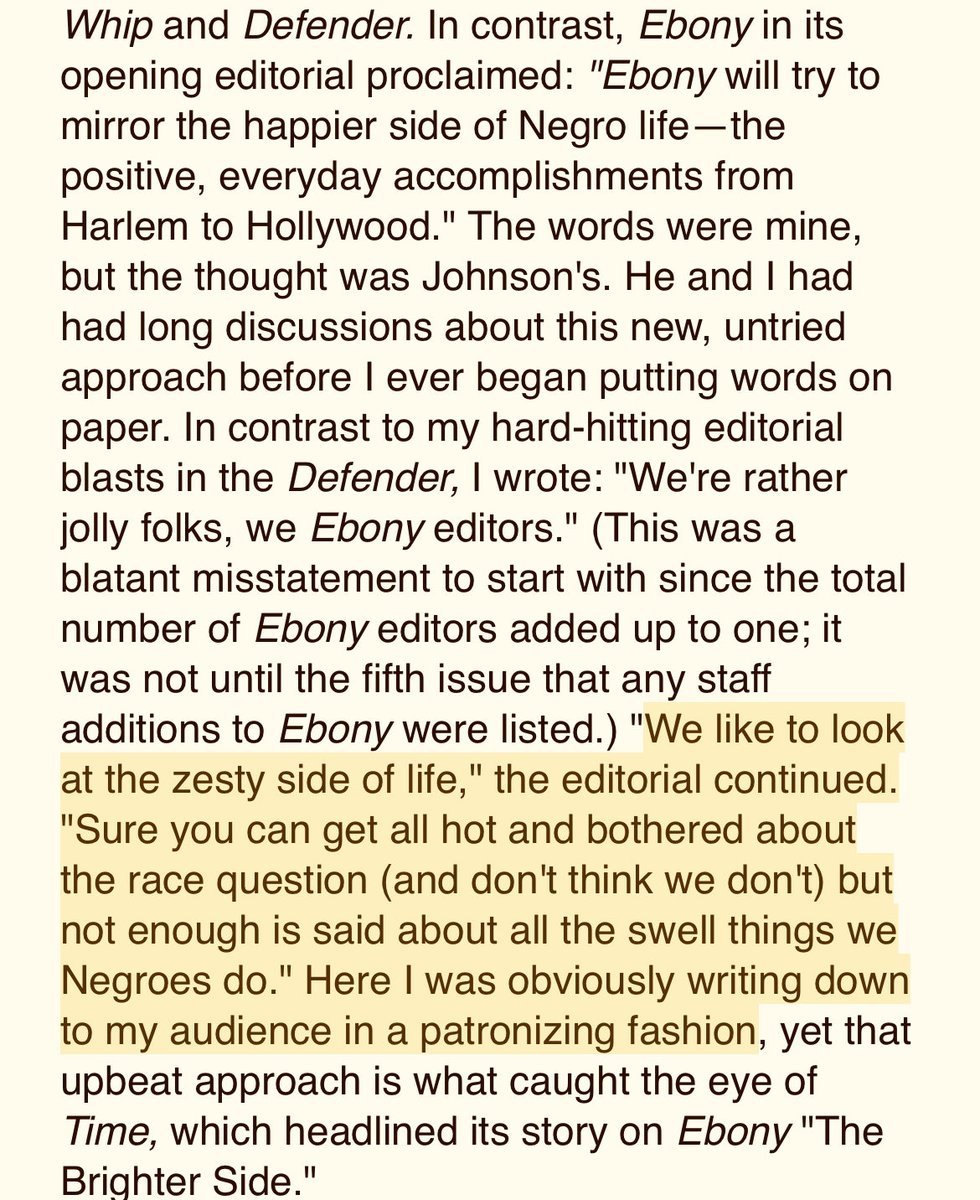This is hardly the worst thing about this statement, but I can't get over the fact that the president of Harvard sounds like a 6th grade teacher. To give a sense of the decline, here is a speech from a Harvard president in 1961 saying roughly the same thing about free speech:
https://twitter.com/sfmcguire79/status/1712793185108340930
Nathan Pusey, president of Harvard 1953–71, opens the speech with this letter from an alumnus worried about subversives on the faculty: “When a whole Harvard department is so strongly promoting measures leading to totalitarianism, it seems I would be weak-minded to support it.”




“Harvard is a complex, lively, and involved institution. Now as always she includes many kinds and conditions of people—people of different interests, views, and opinions; and this grows increasingly so, the more the University becomes a world institution. But this is good, for diversity of opinion makes one think. As much as anything, it may set one on the path toward truth.
But never has Harvard tried to teach a single narrow orthodoxy in any field, nor does she now. From the time our first president, Henry Dunster, was dismissed for unorthodoxy, it has been her chief purpose to call men to think for themselves. Again and again there has been difficulty about this. Henry Dunster did not meet the conditions of the Massachusetts theocracy, but Harvard respected him for his courage and conviction and in time named a House for him.
Harvard still honors courage, conviction, and independent thought in her main and central thrust. As William James said in his much quoted address at Commencement fifty-eight years ago this month, ‘The day when Harvard shall stamp a single fast an hard type of character upon her children will be that of her downfall.”

But never has Harvard tried to teach a single narrow orthodoxy in any field, nor does she now. From the time our first president, Henry Dunster, was dismissed for unorthodoxy, it has been her chief purpose to call men to think for themselves. Again and again there has been difficulty about this. Henry Dunster did not meet the conditions of the Massachusetts theocracy, but Harvard respected him for his courage and conviction and in time named a House for him.
Harvard still honors courage, conviction, and independent thought in her main and central thrust. As William James said in his much quoted address at Commencement fifty-eight years ago this month, ‘The day when Harvard shall stamp a single fast an hard type of character upon her children will be that of her downfall.”

“Our world is full of divergencies of opinion and unlimited perils. Granted. And this has made us all abnormally apprehensive. But surely the way to cope with this situation is not to begin by saying there is some simple, easily recognizable right to which we must adhere, and that all other views are wrong. Nor, let me add in fairness to my critic, is there any need to assume that any single individual who talks most frequently, or most conspicuously, or most assertively, must necessarily therefore be right or even in any degree representative. We all learned in the first discussion class we ever attended that this is not so.
Our world is full of divergencies of opinion, and so is Harvard.”

Our world is full of divergencies of opinion, and so is Harvard.”
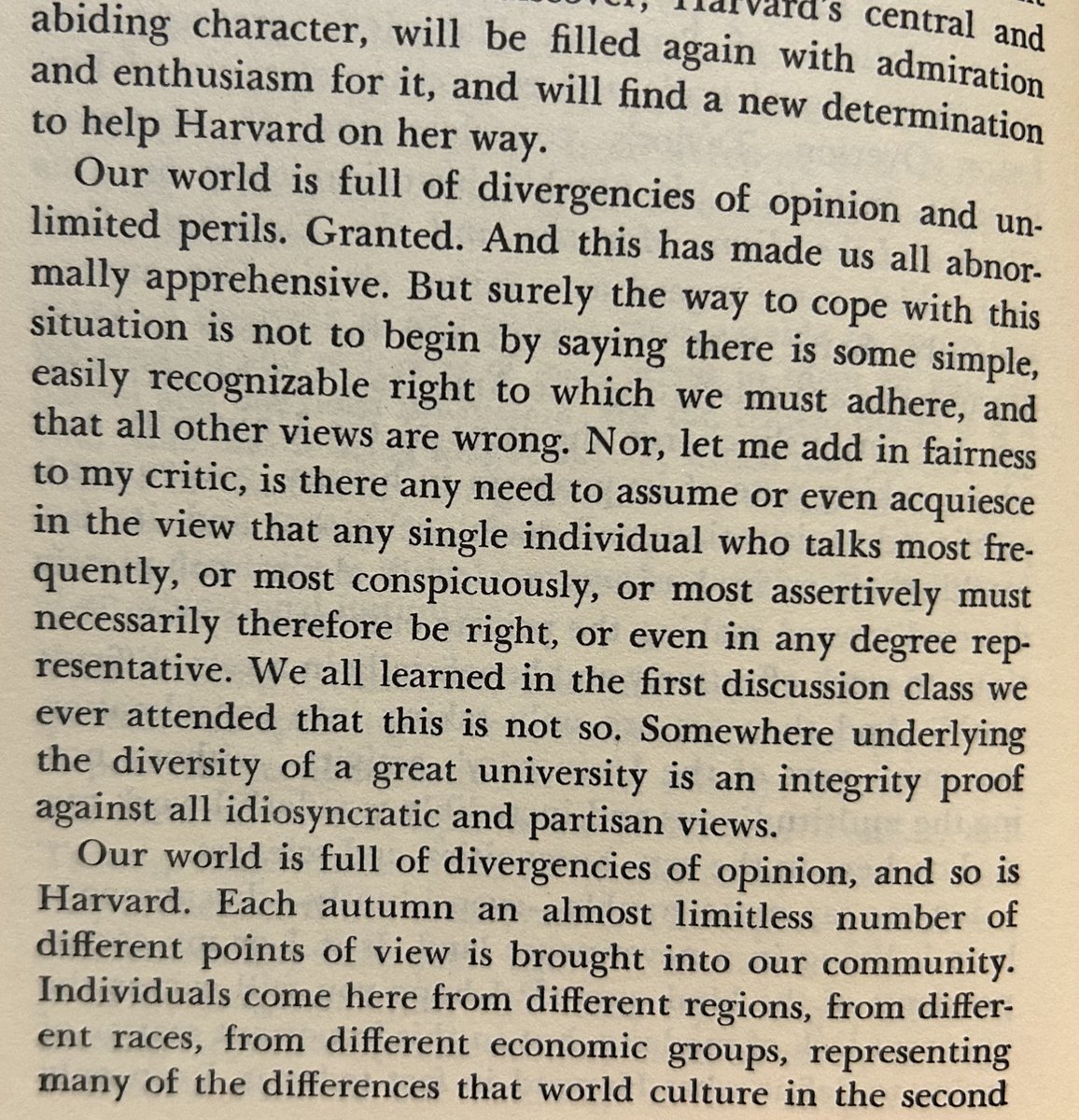
“What is the sum of these few brief remarks? It is simply that in my judgment there is one thing Harvard men must be agreed about. This is the recognition that truth is not something easily identifiable or simply stated, and that, this being so, those other qualities for which we all care so much—integrity, concern, and courage—these qualities make serious demands for understanding upon us all.”


What a paradox that the era of meritocracy has led to such an obvious decline in standards.
• • •
Missing some Tweet in this thread? You can try to
force a refresh




